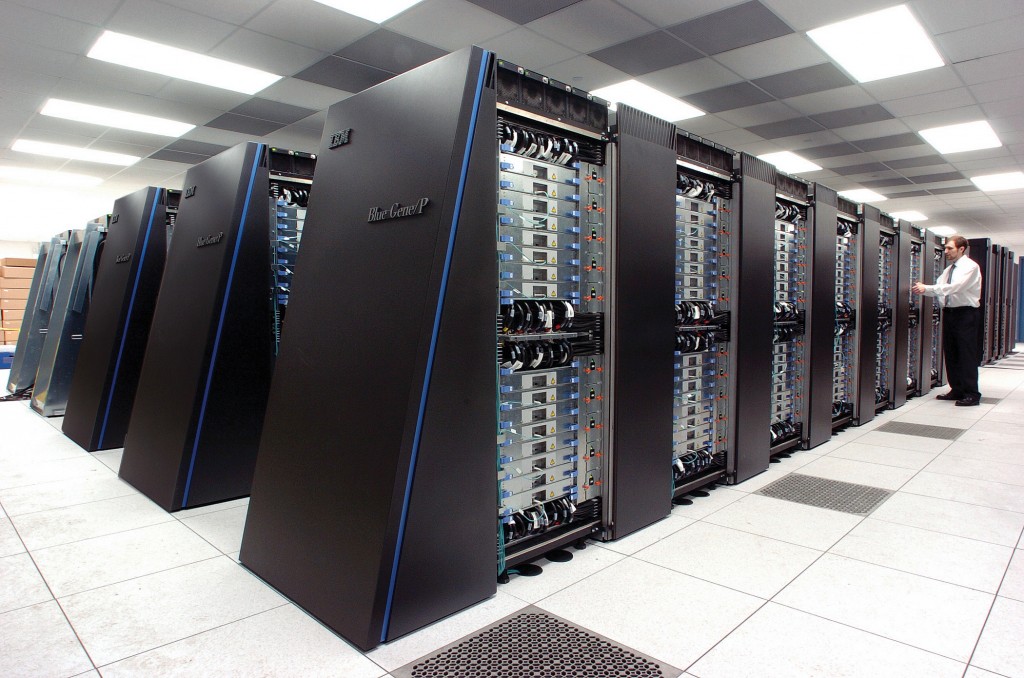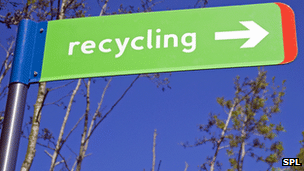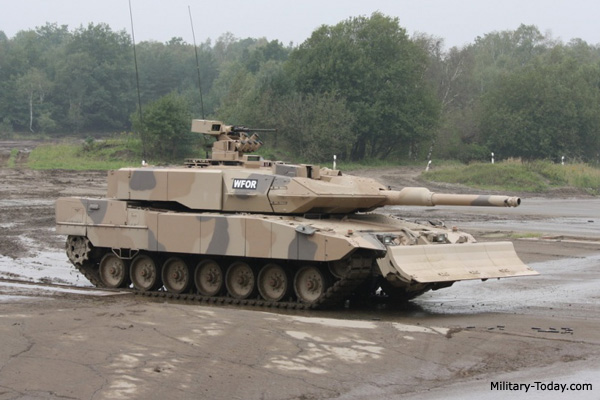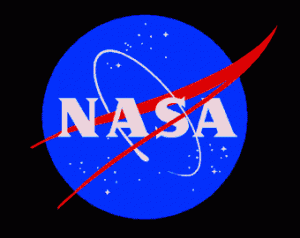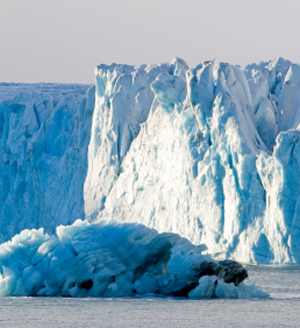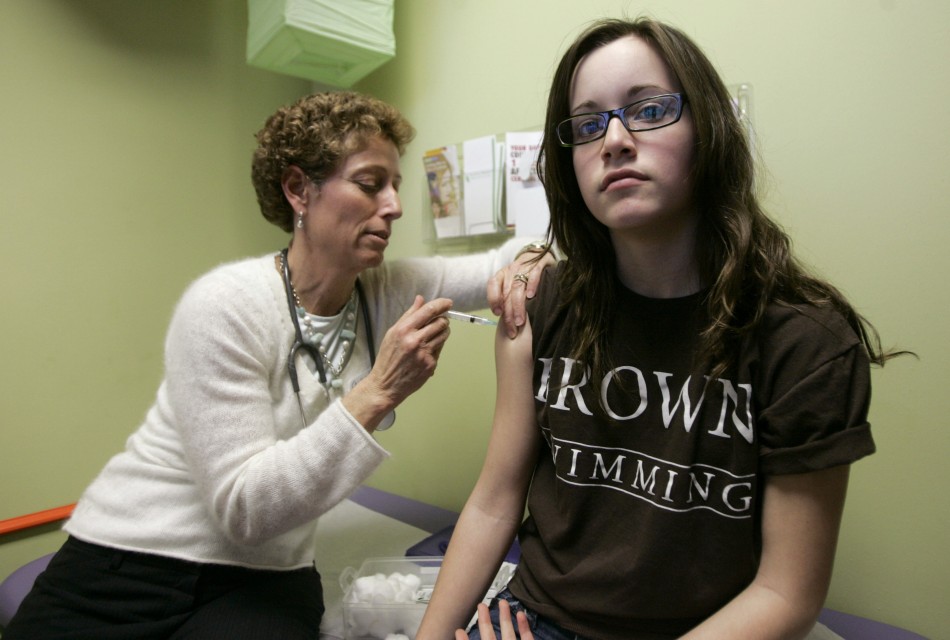 The GAVI international immunisations group has agreed to fund the roll-out of vaccines against cervical cancer in developing countries, offering protection against a disease that kills one woman every two minutes.
The GAVI international immunisations group has agreed to fund the roll-out of vaccines against cervical cancer in developing countries, offering protection against a disease that kills one woman every two minutes.
Nearly 90 percent of the 275,000 deaths every year occur in poor nations, where cervical screening programs that are routine in rich nations are virtually non-existent.
The Global Alliance for Vaccines and Immunisation said up to two million girls in nine developing countries could be protected from cervical cancer by 2015 under the programme, which still depends on negotiating a final price deal with manufacturers.
Nina Schwalbe, its managing director for policy and performance, said discussions were ongoing with the makers of the world’s two approved HPV vaccines, Merck & Co Inc and GlaxoSmithKline Plc.
Human papillomavirus, or HPV, is a sexually transmitted virus that causes most cases of cervical cancer.
Adolescent girls are commonly vaccinated against HPV in Europe and the United States but the greatest need for the vaccine is actually in the developing world, where the burden of disease is far higher.
“For women in developing countries this is the only option,” Schwalbe said in a telephone interview from Dhaka, where a GAVI board meeting gave the green light to the initiative.
“The introduction of an HPV vaccine is a major public health breakthrough — but to date this vaccine has only been available for women who live in developed countries.”
For GAVI, which was set up a decade ago with backing from governments and Microsoft Corp co-founder Bill Gates, the decision to endorse HPV vaccination marks a step change, since until now it has been focused on vaccinating infants.
Merck’s Gardasil and GSK’s Cervarix are designed for use in girls aged between 10 and 13 years.
The first developing countries could be up and running with vaccination programmes from 2013, with Rwanda and Vietnam — both of which have conducted pilot vaccination programmes — likely to be among the first.
U.S. drugmaker Merck said earlier this year it would offer GAVI its Gardasil shot at a deeply discounted price of $5 per dose, implying a cost of $15 for a three-dose course. Schwalbe described this as “a good starting offer.”
Britain’s GSK has not made a public price offer but Jean Stephenne, head of the group’s vaccines business, said he looked forward to discussing how to provide Cervarix in a sustainable way to GAVI.
GAVI’s move to close inequalities in access to HPV vaccination was welcomed by UN Secretary-General Ban Ki-moon, who also praised a separate plan by the Geneva-based group to open a funding window for vaccines against the rubella virus, which can lead to birth defects and miscarriages.
MALARIA NEXT?
The go-ahead for the HPV and rubella projects follows a successful meeting in London in June, when international donors pledged $4.3 billion to help the group with its work.
GAVI says it has prevented more than 5.5 million child deaths in the last decade by bulk-buying vaccines against diseases such as pneumococcal pneumonia, Haemophilus influenzae type b, or Hib disease, diphtheria, pertussis or whooping cough, tetanus, measles and rotavirus.
With the move into HPV it will be buying a more complex and expensive vaccine than those used in existing programmes, paving the way for other similarly price-sensitive decisions in future.
In a few years, GAVI will have to decide whether to buy the world’s first malaria vaccine, also developed by GSK and designed exclusively for use in the developing world.
The vaccine, known as RTS,S or Mosquirix, halved the risk of five- to 17-month-olds getting the mosquito-borne disease in a recent clinical trial but the shot is no panacea, since it is less effective than vaccines against common infections such as polio and measles.
Schwalbe said the RTS,S results to date were very encouraging but GAVI was waiting to see the outcome of using the vaccine in babies aged six to 12 weeks, expected in a year’s time, before taking any decisions. If all goes well, GSK believes the vaccine could reach the market in 2015.
Source : www.reuters.com/article/2011/11/17/us-cancer-hpv-vaccine-idUSTRE7AG0Y920111117







